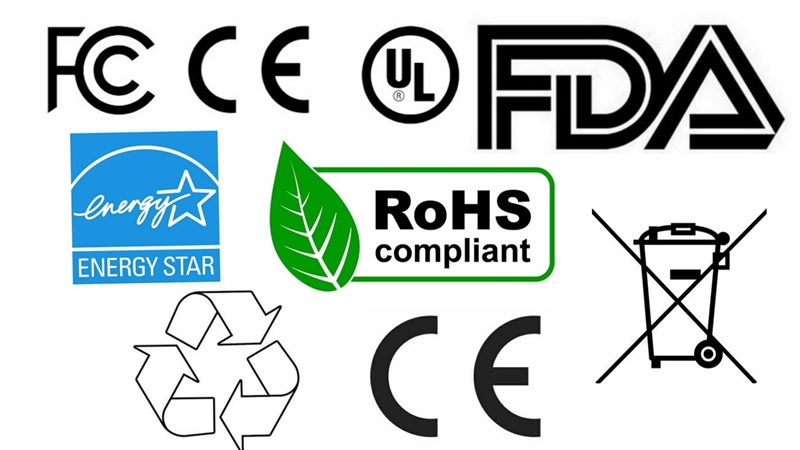
1CE Symbol
The CE symbol represents CE certification or CE Marking certification. This certification indicates that the product meets the regulations of the European Union (EU) and is permitted for circulation in European countries.
When a product is CE marked:
- The manufacturer takes full responsibility for the product’s compliance with legal standards.
- CE certification serves as a “commercial passport” for market entry into the EU.
- It assures consumers of the product’s safety and quality, earning it the reputation of a “Symbol of product quality.”
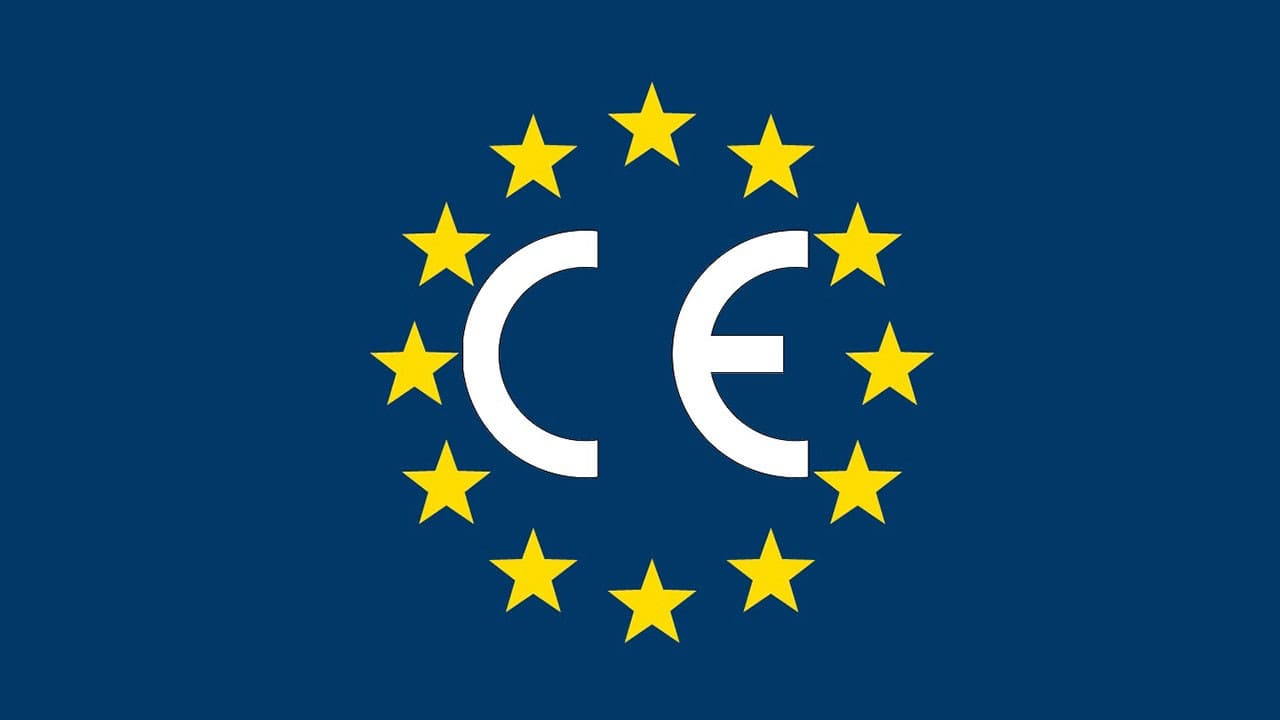
2RoHS Symbol
The RoHS symbol represents compliance with the requirement to restrict hazardous substances in products and devices.
Products containing any of the following six substances are prohibited from being sold in Europe. To enter this market, products must be labeled as “RoHS-compliant” to ensure consumer health and safety:
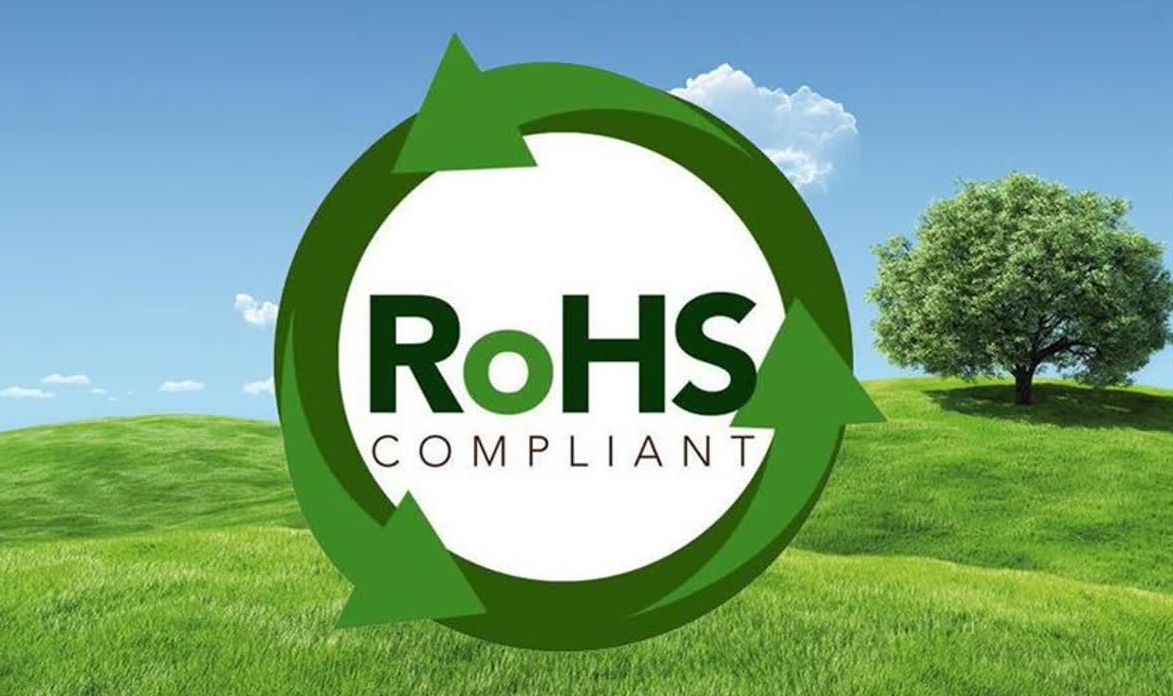
The substances prohibited under the RoHS standard include:
- Cadmium (Cd)
- Mercury (Hg)
- Hexavalent chromium
- Bromine compounds such as PBBs (polybrominated biphenyls) and PBDEs (polybrominated diphenyl ethers)
- Lead (Pb)
3Energy Star Symbol
The Energy Star symbol represents an international standard for energy savings in electrical products, developed by the U.S. Environmental Protection Agency. This standard is recognized by various countries, including Australia, Canada, Japan, New Zealand, Taiwan, and Europe. Buildings that meet the Energy Star standard must achieve at least 15% energy savings compared to conventional buildings.
Products labeled with the Energy Star symbol can help consumers save up to 30% energy consumption.
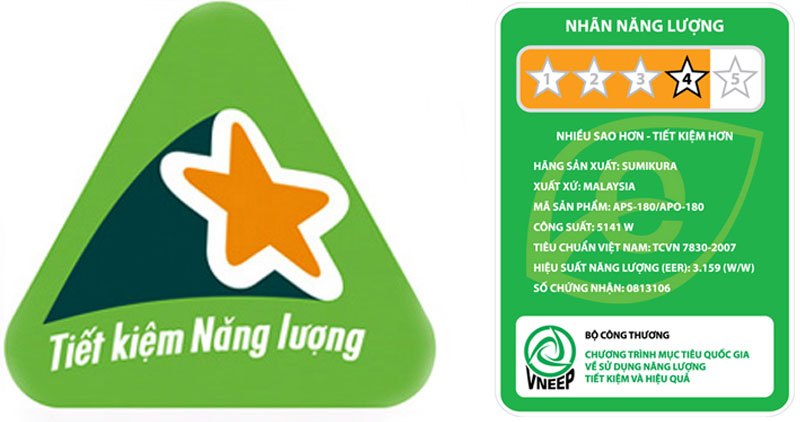
Energy Star certification applies not only to computer devices such as CPUs but also to other household electronic devices such as light bulbs, washing machines, and even energy-efficient buildings. Products certified with the Energy Star symbol must meet higher energy-saving standards compared to similar products.
4UL Symbol
The UL symbol (Underwriters Laboratories) indicates that a product has met safety standards through independent evaluation by UL. UL certification is highly regarded and widely recognized in the United States, North America, and many other territories and countries. It is trusted by both regulators and consumers as a mark of product safety.
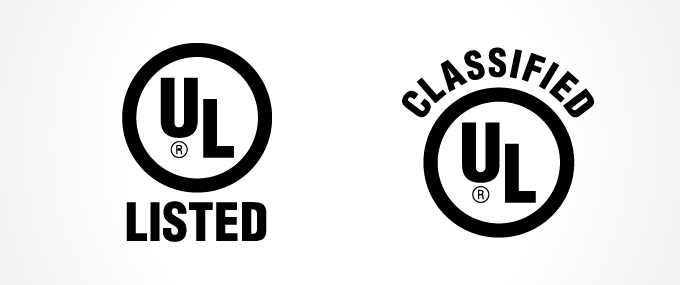
UL evaluations are conducted without any influence from organizations or financial interests related to the product. Therefore, the UL logo represents an objective evaluation and is not influenced by the manufacturer. Consumers can trust the UL logo when they see it on a product.
5WEEE Symbol
The WEEE symbol, with a crossed-out waste bin, indicates that electronic products containing hazardous substances should not be disposed of in regular trash. These substances can be harmful if leaked or can pose a fire hazard to the environment and human life. Proper handling and separate disposal of these products are necessary.
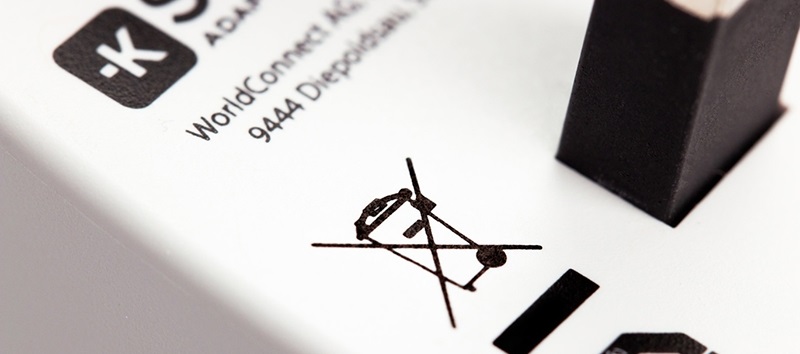
6CCC Symbol
CCC stands for China Compulsory Certification. This certification is similar to other quality standards certifications, such as Europe’s CE standard, but with an important distinction.
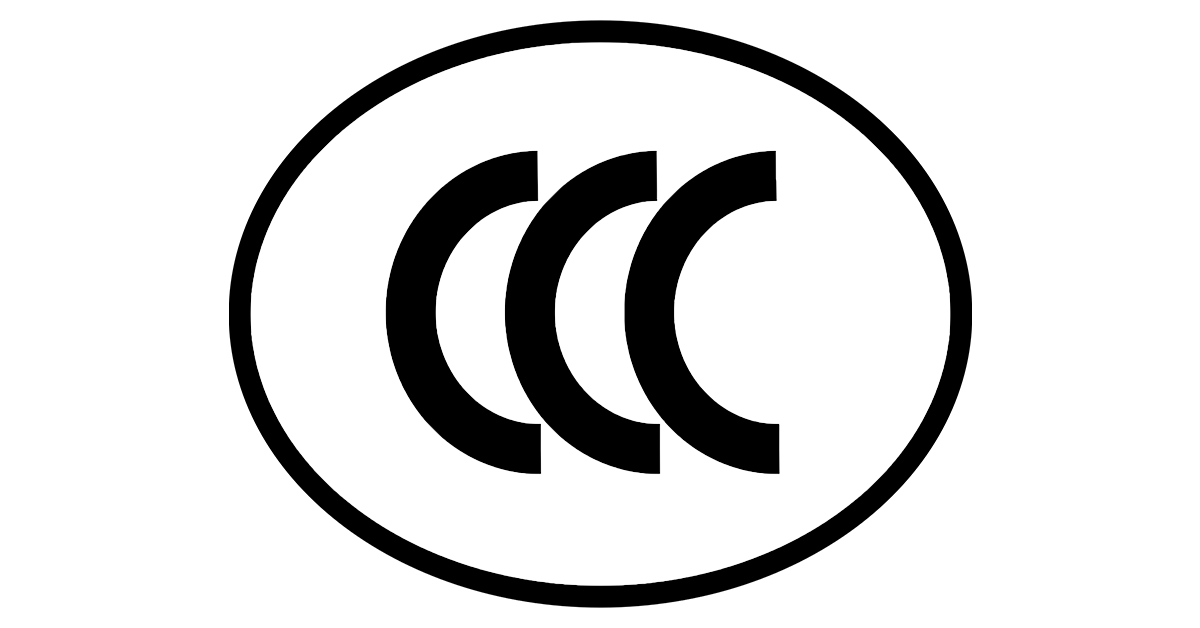
7FCC Symbol
The FCC symbol (Federal Communications Commission) is commonly found on electronic devices, particularly smartphones. It indicates that the device has undergone testing for radio transmission capabilities and confirms that the emitted waves do not pose a risk to human health or interfere with other electronic devices.
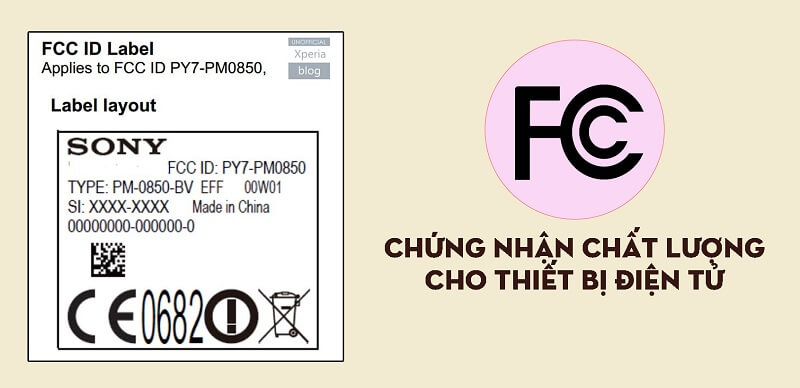
8FDA Symbol
The FDA symbol indicates that electronic devices, such as smartphones and computers, emit radiation at a safe level for user health.
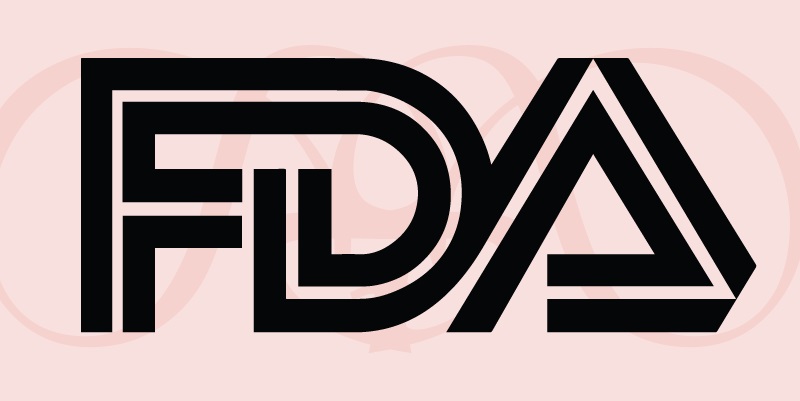
9REC Symbol
The REC symbol represents the principles of reduce, reuse, and recycle. Products labeled with this symbol are recyclable and environmentally friendly.
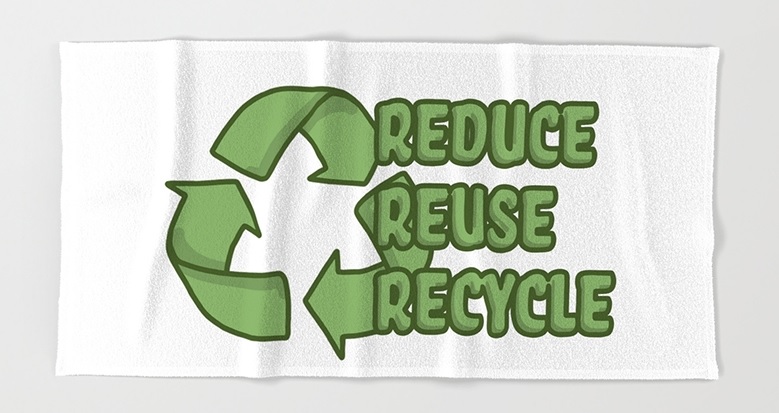
This article has deciphered the meaning of the enigmatic symbols found on commonly used electronic devices. If you found this information useful, please share it with your friends!

































